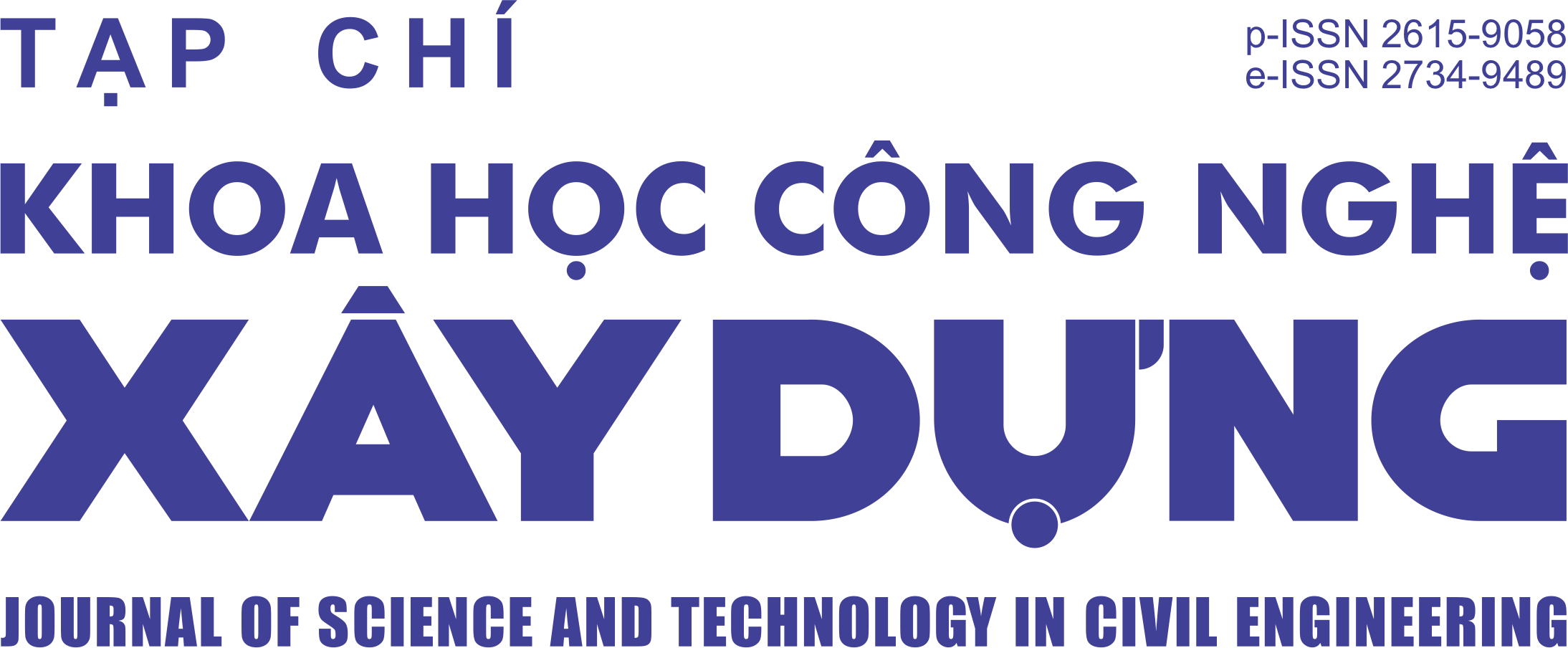A hybrid model for predicting missile impact damages based on k-nearest neighbors and Bayesian optimization
Abstract
Due to the increase of missile performance, the safety design requirements of military and industrial reinforced concrete (RC) structures (i.e., bunkers, nuclear power plants, etc.) also increase. Estimating damage levels in the design stage becomes a crucial task and requires more accuracy. Thus, this study proposed a hybrid machine learning model which is based on k-nearest neighbors (KNN) and Bayesian optimization (BO), named as BO-KNN, for predicting the local damages of reinforced concrete (RC) panels under missile impact loading. In the proposed BO-KNN, the hyperparameters of the KNN were optimized by using the BO which is a well-established optimization algorithm. Accordingly, the KNN was trained on an experimental dataset that consists of 254 impact tests to predict four levels (or classes) of damages including perforation, scabbing, penetration, and no damage. Due to the unbalance of the number of tests in each damage class, an over-sampling technique called BorderlineSMOTE was employed as a balancing solution. The predictability of the proposed model was investigated by comparing with the benchmark models including non-optimized KNN, multilayer perceptron (MLP), and decision tree (DT). Accuracy, F1-score, and area under the receiver operating characteristic (ROC) curve (AUC) were utilized to evaluate the performance of these models. The implementation results showed that the proposed BO-KNN model outperformed the other benchmark models with the average class accuracy of 68.05%, F1-score = 0.641, and AUC = 85.8%. Thus, the proposed model can be introduced as a foundation for developing a tool for predicting the local damage of RC panels under the missile impact in the future.
Keywords:
impact damage; k-nearest neighbors; Bayesian optimization; oversampling; imbalanced data; RC panel.
Downloads
Copyright (c) 2020 National University of Civil Engineering

This work is licensed under a Creative Commons Attribution-NonCommercial-NoDerivatives 4.0 International License.
1. The Author assigns all copyright in and to the article (the Work) to the Journal of Science and Technology in Civil Engineering (JSTCE) – Hanoi University of Civil Engineering (HUCE), including the right to publish, republish, transmit, sell and distribute the Work in whole or in part in electronic and print editions of the Journal, in all media of expression now known or later developed.
2. By this assignment of copyright to the JSTCE, reproduction, posting, transmission, distribution or other use of the Work in whole or in part in any medium by the Author requires a full citation to the Journal, suitable in form and content as follows: title of article, authors’ names, journal title, volume, issue, year, copyright owner as specified in the Journal, DOI number. Links to the final article published on the website of the Journal are encouraged.
3. The Author and the company/employer agree that any and all copies of the final published version of the Work or any part thereof distributed or posted by them in print or electronic format as permitted herein will include the notice of copyright as stipulated in the Journal and a full citation to the Journal as published on the website.







